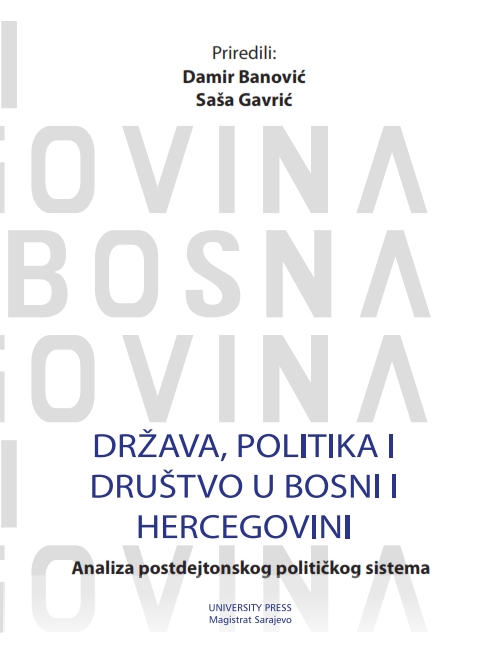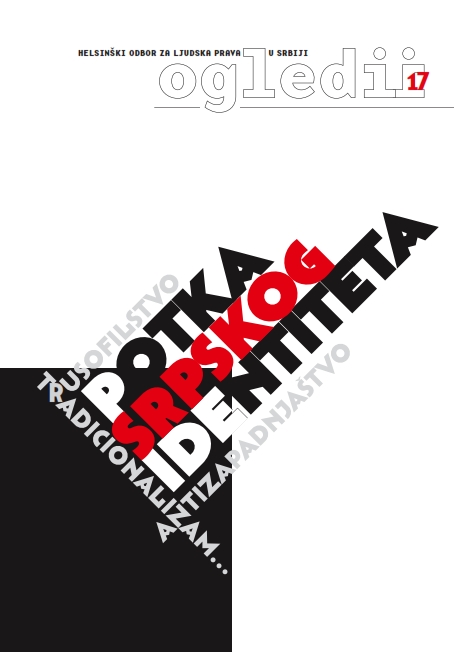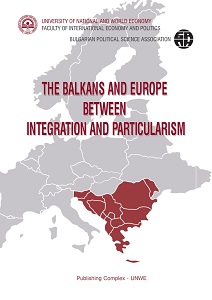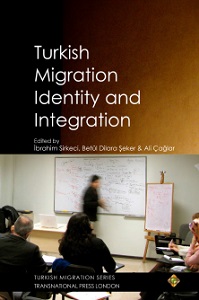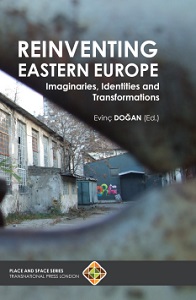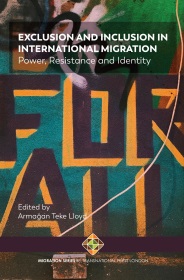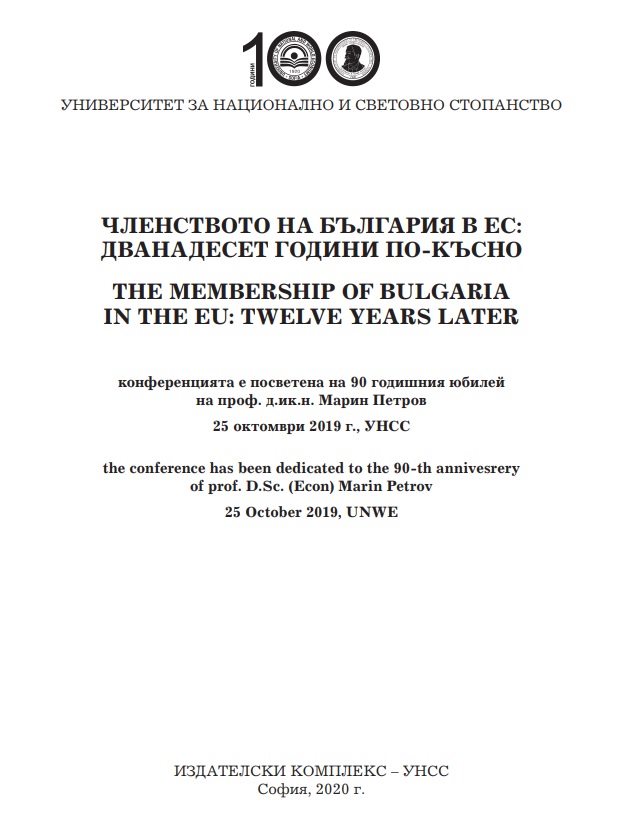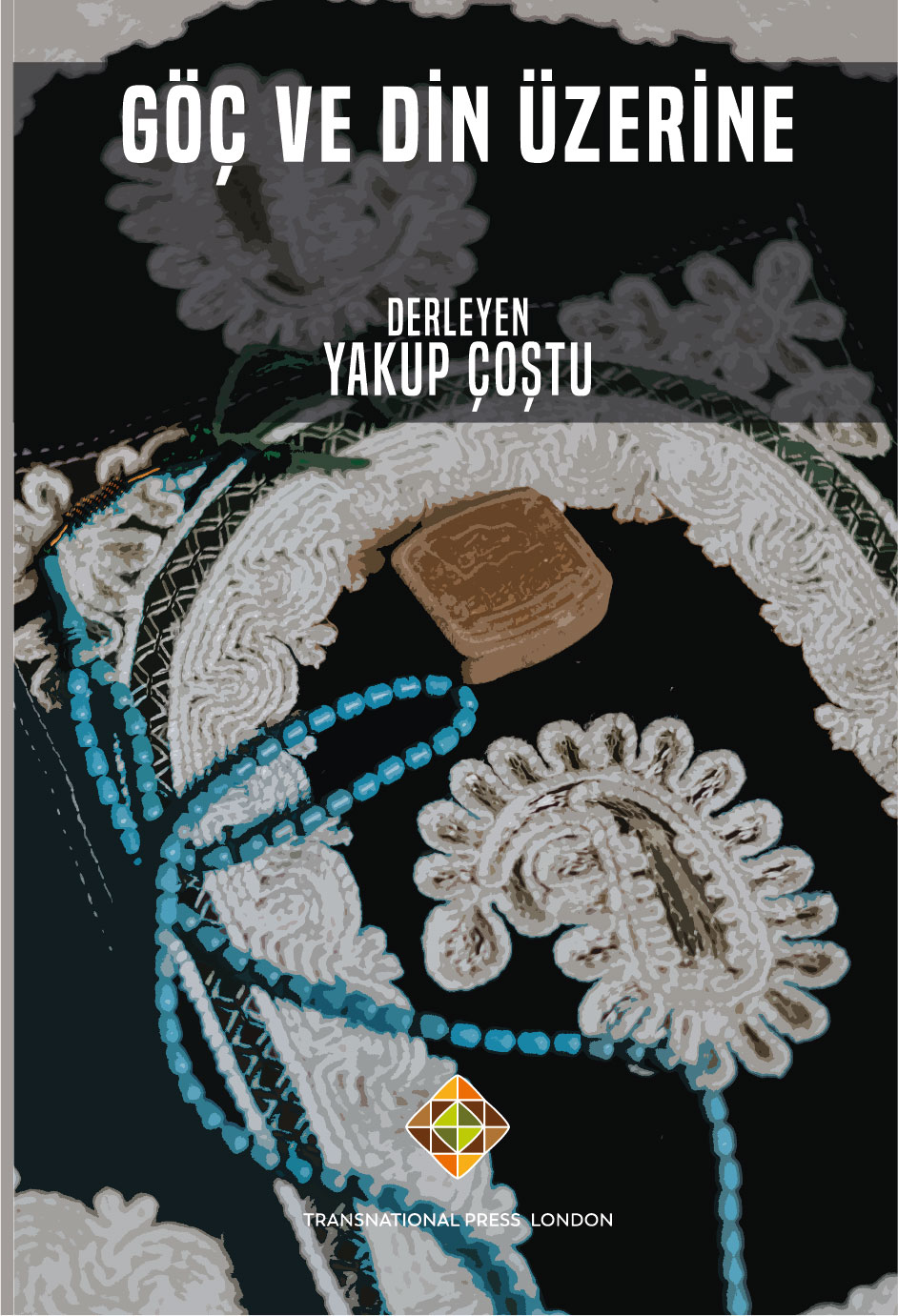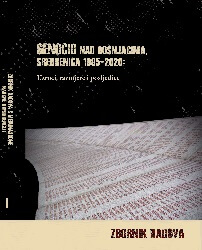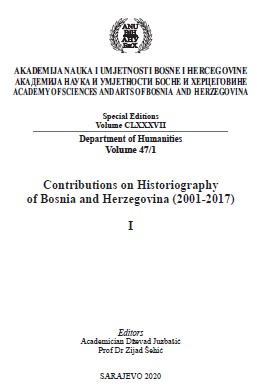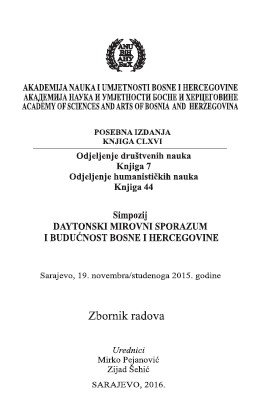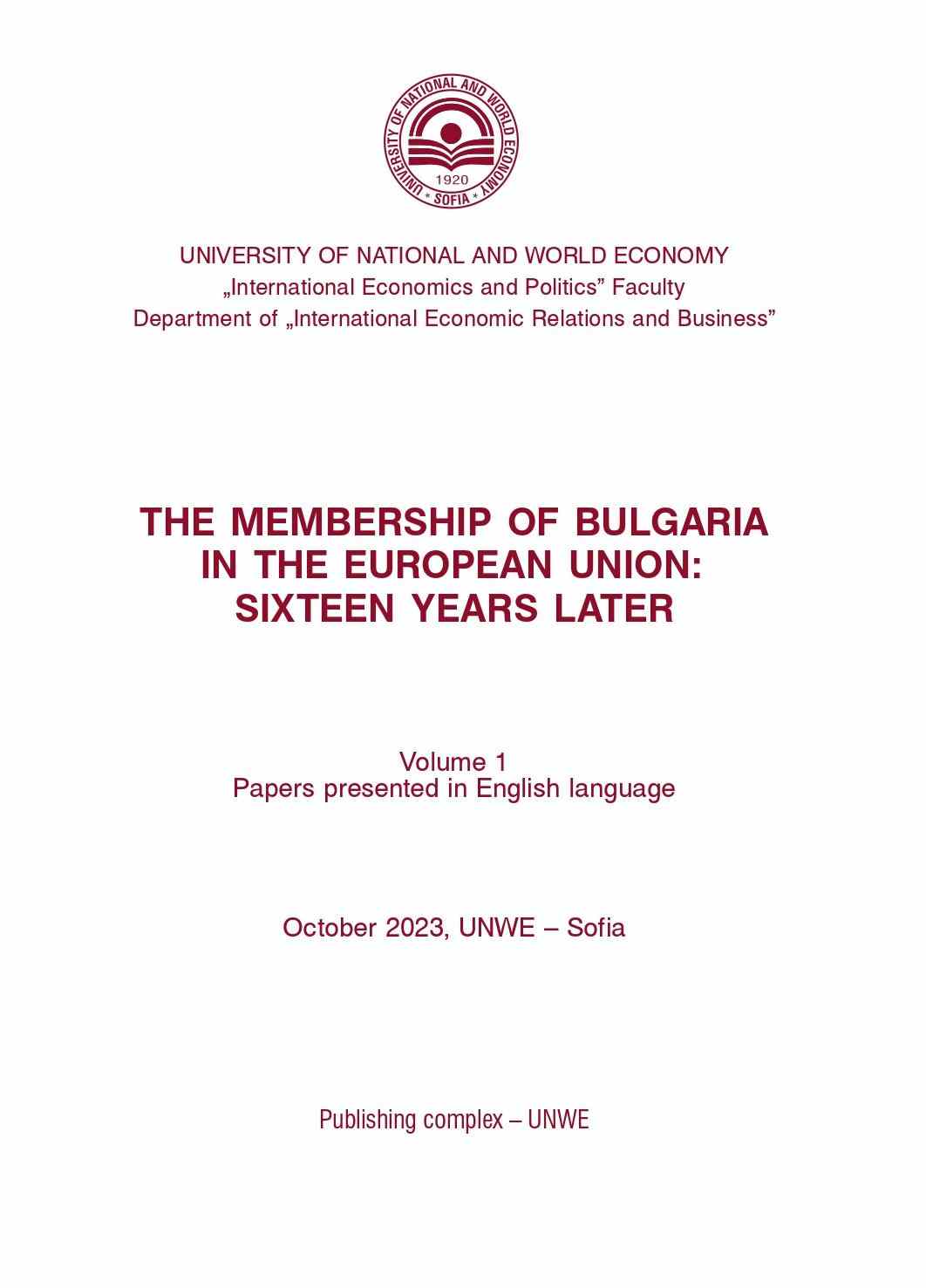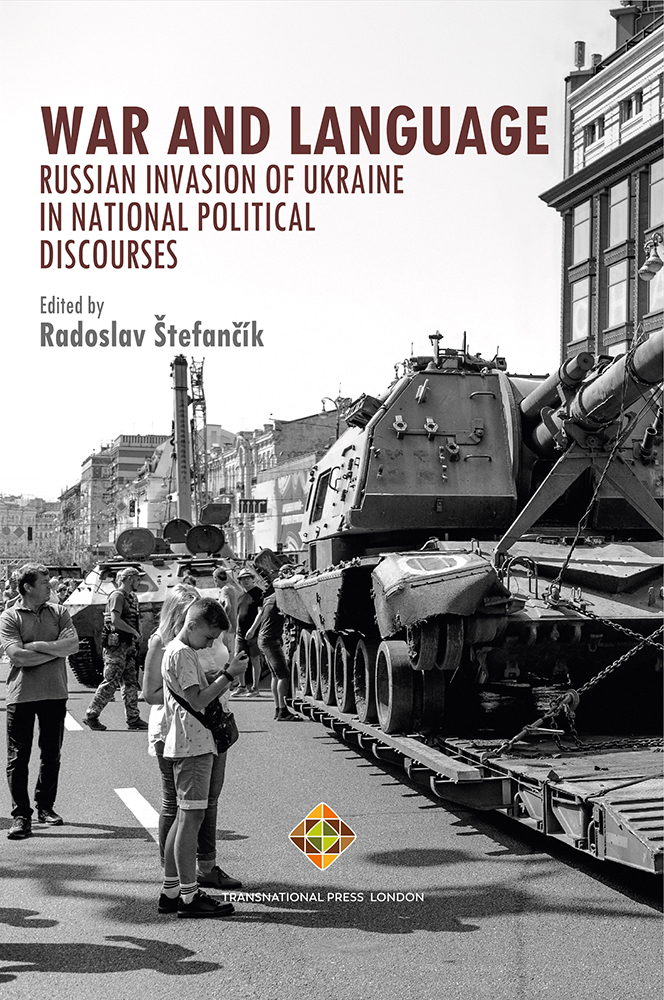Author(s): Mariana S. Ţăranu / Language(s): Romanian
Publication Year: 0
Pactul dintre Hitler şi Stalin, semnat la 23 august 1939, stipula într-un protocol secret interesele sovietice de a anexa Țările Baltice, estul Poloniei şi estul României – teritorii care niciodată nu i-au aparţinut. La 28 iunie 1940, Armata Roşie a trecut Nistrul ocupând Basarabia, nordul Bucovinei şi ţinutul Herţa. Ceva mai târziu, la 2 august, ignorând interesele populaţiei băştinaşe şi încălcând legislaţia internaţională, chiar şi pe cea sovietică, o parte din teritoriul Basarabiei – şase judeţe: Bălţi, Tighina, Chişinău, Cahul, Orhei şi Soroca – şi şase din cele 13 raioane ale R.A.S.S.M. – Tiraspol, Grigoriopol, Dubăsari, Camenca, Râbniţa şi Slobozia – sunt incluse forţat în componenţa Republicii Sovietice Socialiste Moldoveneşti. În acelaşi timp, teritoriile româneşti din nordul Bucovinei, ţinutului Herţa, nordului şi sudului Basarabiei, pe baza aceluiaşi scenariu, sunt incluse în componenţa Republicii Sovietice Socialiste Ucrainene.
More...
